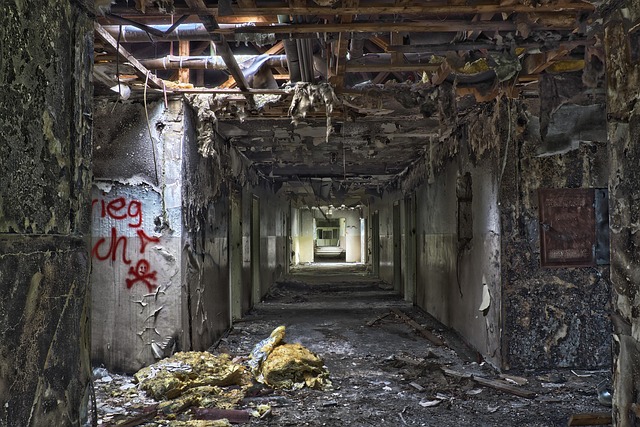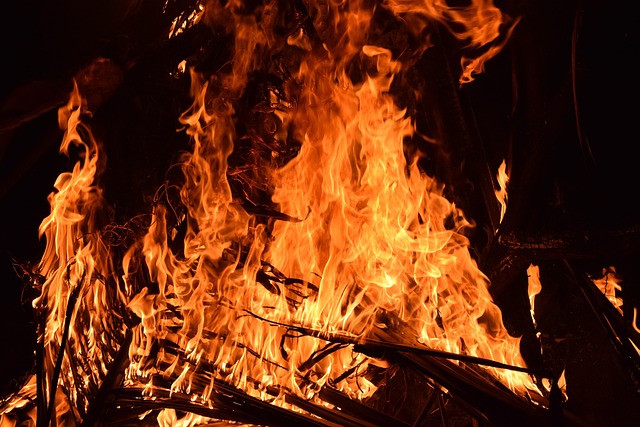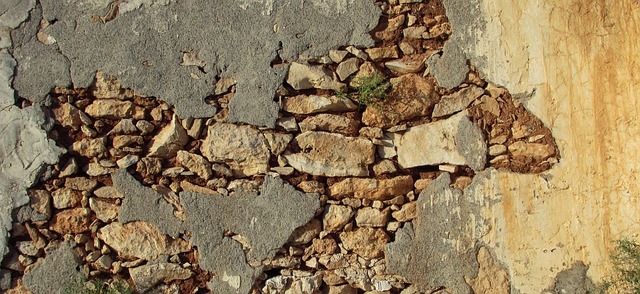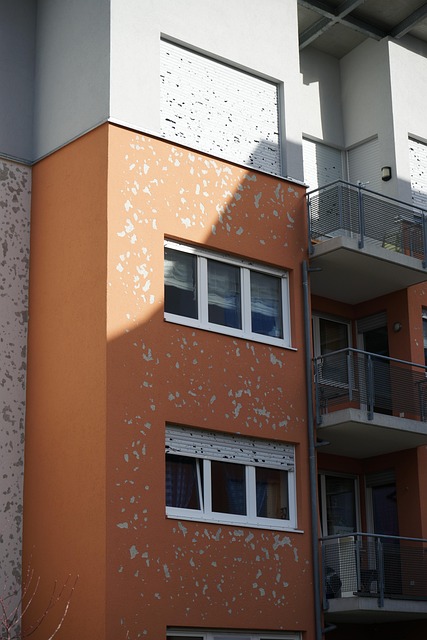Selling a fire-damaged house in California requires specialized knowledge due to unique challenges. Local experts assess physical damage, restoration potential, market demand, and legal/insurance factors for accurate valuations. A systematic approach includes visual inspections, repair quotes, transparency about defects, and consideration of damage extent, location, age, and insurance implications. Specialized agents guide homeowners through the process, ensuring successful sales while maintaining buyer trust and realistic expectations.
After a devastating fire, assessing and valuing property becomes a delicate process. In California, post-fire property valuation is a crucial step for both homeowners and insurance companies. This article guides you through navigating the complex landscape of fire damage assessment and recovery. We explore the step-by-step evaluation process, factors influencing property value post-fire, and the role of insurance in these transactions. Additionally, we delve into tips for selling a fire-damaged house in California, ensuring a smooth transition during this challenging time.
- Understanding Post-Fire Property Valuation in California
- Assessing Fire Damage: A Step-by-Step Process
- Factors Influencing Property Value After a Fire
- The Role of Insurance in Post-Fire Property Transactions
- Navigating the Selling Process of a Fire-Damaged House in CA
Understanding Post-Fire Property Valuation in California

After a fire, property valuation in California becomes a complex process that requires expert knowledge and specialized assessment. In the aftermath of such a traumatic event, homeowners often find themselves navigating uncharted territory when it comes to determining the value of their damaged or destroyed properties. This is especially true for those looking to sell a fire-damaged house in California.
California’s real estate market and property valuation practices are uniquely positioned to address post-fire scenarios. Local appraisers and real estate professionals are well-versed in assessing fire damage, considering the unique challenges each case presents. They employ specialized techniques and guidelines to evaluate not just the physical structure but also the potential for restoration, market demand for similar properties in the area, and any legal or insurance considerations related to the fire event. This comprehensive approach ensures a more accurate valuation, which is crucial when selling a fire-damaged house in California.
Assessing Fire Damage: A Step-by-Step Process

When it comes to assessing fire damage in a property, especially after selling a fire-damaged house in California, a systematic approach is key. The process involves several steps to ensure an accurate evaluation and a fair transaction. Firstly, conduct a thorough visual inspection, documenting every aspect of the damage—from charred walls and melted flooring to soot accumulation. This initial step provides a baseline for the extent of the devastation.
Next, create a detailed inventory of repairable and non-repairable items. Some damages, like structural issues or severe water damage, may require professional estimates. For reparable items, get quotes from contractors specializing in fire restoration. Compare these with the cost to replace to determine potential adjustments to the property value. Remember, in California, sellers must disclose known material defects, so transparency is vital throughout this process.
Factors Influencing Property Value After a Fire

After a fire, several factors come into play when determining the property value of a damaged home in California. The extent of the damage is a primary consideration; minor repairs might only impact the cost slightly, while extensive destruction can significantly reduce the value. Location and neighborhood are also critical; areas prone to fires or with limited access could lower the house’s desirability and value.
The age and condition of the property before the fire play a significant role in its post-fire valuation. Older homes may have historical value, but their overall worth might be affected by the need for extensive renovations. Insurance payouts can also influence the market value; if the insurance coverage is sufficient to rebuild or replace the home, it could impact how buyers perceive the property’s potential and current value when selling a fire-damaged house in California.
The Role of Insurance in Post-Fire Property Transactions

After a fire, property owners in California often find themselves navigating complex transactions when deciding to sell their damaged homes. Insurance plays a pivotal role in this process, as it provides financial protection and guides homeowners through the aftermath of such disasters. When a house suffers significant fire damage, insurance policies step in to cover repair or reconstruction costs, ensuring homeowners can either restore their property or start anew.
For those considering selling a fire-damaged house in California, understanding insurance implications is crucial. Insurance companies may offer settlement options like cash payouts or checks made out to the policyholder and contractor for repairs. Homeowners should carefully review their coverage details, especially regarding deductibles and limits, as these factors influence their financial obligations and potential gains during the sale process.
Navigating the Selling Process of a Fire-Damaged House in CA

Navigating the sale of a fire-damaged home in California can be a complex and emotional process for homeowners. After a disaster like a house fire, many owners wonder how to sell their property and move on. The first step is to understand that it’s possible to sell a fire-damaged house, but it may require some extra efforts and considerations unique to this situation.
In California, real estate agents specializing in insurance-related claims can be invaluable. They have experience dealing with the aftermath of fires and know how to present a home’s potential despite damage. It’s crucial to disclose all known issues to potential buyers transparently, providing detailed reports on the extent of the fire and subsequent repairs. This openness fosters trust and helps set realistic expectations for both parties during negotiations and the selling process.
When selling a fire-damaged house in California, understanding the post-fire property valuation process is crucial. By assessing damage through a structured step-by-step method and considering various influencing factors, homeowners can make informed decisions. Insurance plays a vital role in easing financial burdens during transactions, while navigating the selling process requires professional guidance. Embrace these steps to ensure a successful sale of your fire-damaged property in the Golden State.






